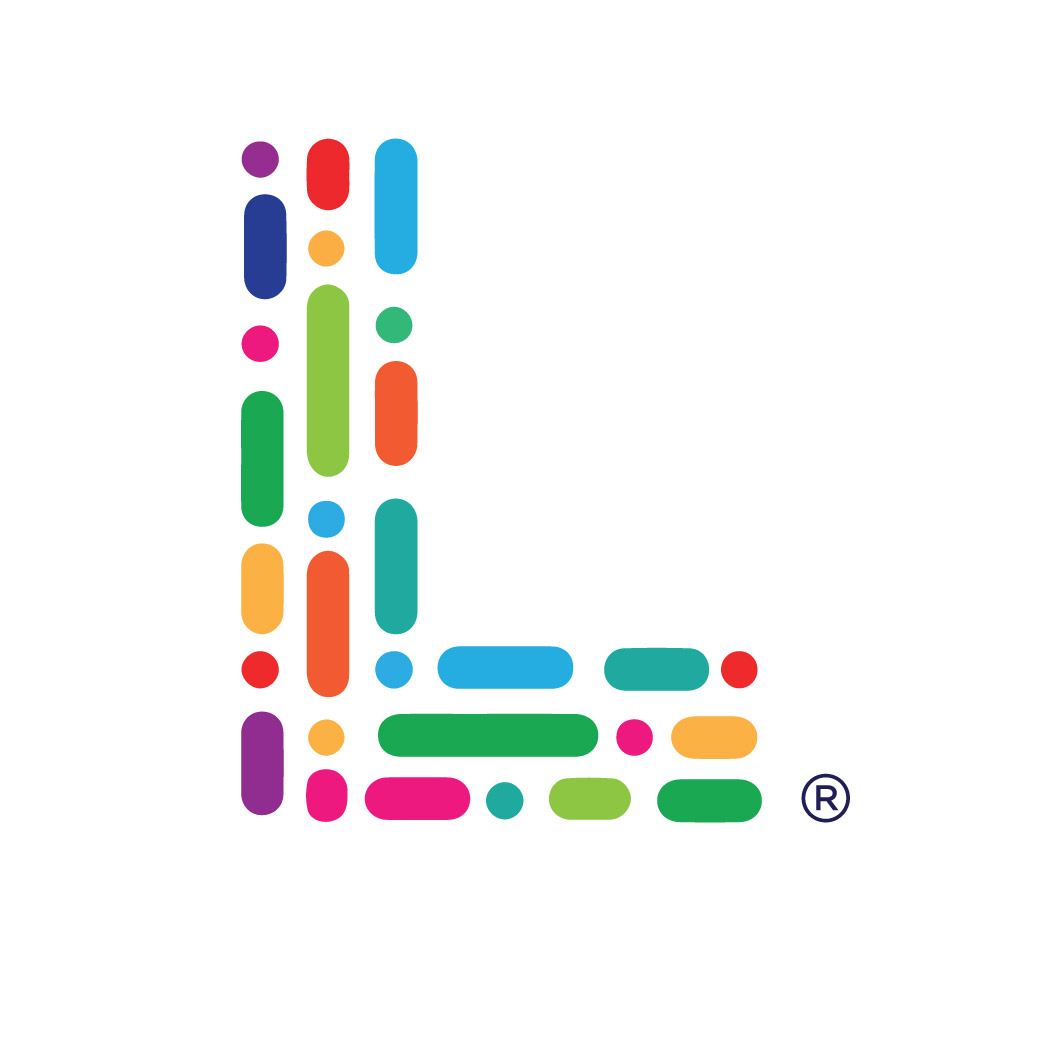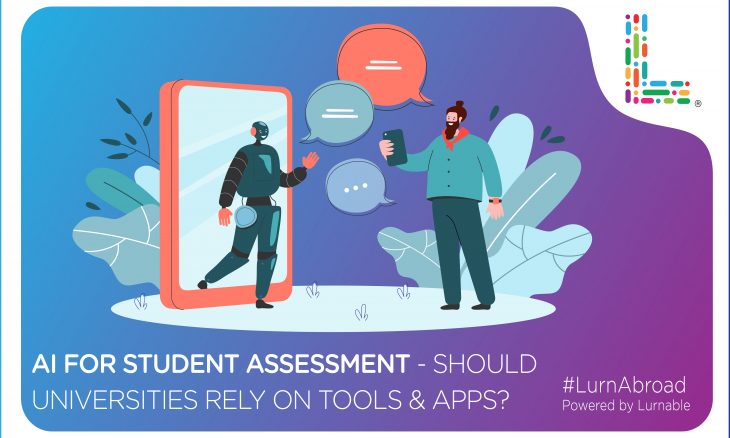Artificial Intelligence is a trending technology in all industries, and education is not an exception. Think of the chatbots that mimic human support and answer your queries regarding deadlines, scholarships, and even campus etiquette. These conversational interfaces appear informative and friendly, and you may never even realise that you are connected with software rather than a human.
AI-powered tools can help universities by reducing the pressure on admission staff as they handle the expensive and time-consuming calls on their behalf. They can look after most queries unassisted, making them a boon for HEIs running on lean budgets in the new normal. But this is not where the application of this technology ends in the higher education sector.
Beyond chatbots, AI is surfacing in other forms as well. Universities are using plagiarism-detection software to check the spelling, grammar, and authenticity of student essays. Further, there are more powerful applications that recommend classes, answer academic questions and even grade assignments. Some tools can assess and score applicants’ personality traits, making them helpful for admission and financial aid decisions.
But the big question here is whether AI can be a substitute for human decisions. It becomes even more important when these decisions relate to critical factors like admissions and grading. Is a tech tool reliable enough to deliver the right insights for higher-stakes types of decisions? Or should it be confined only to mundane tasks such as responding to student queries and improving back-office workflow?
Before answering these questions, it becomes vital to understand how these tools work. Essentially, they use algorithms to score students and applicants based on historical precedence. They can predict how well students may perform if admitted to the university. Likewise, they can assess the financial need of individual students. Some tools even rate applicants’ success potential based on their interactions with their website and response to its message.
Apart from the admission process, AI tools are emerging as powerful teaching assistants in the new normal. These are inexpensive and always-on, making them ideal for remote teaching. They can answer student questions, recommend reading resources, and connect the students with tutors based on their requirements. Universities find AI tools far more effective for grading as online classes get too large for instructors to manage.
Universities have access to AI language comprehension products capable of assessing subjective written work. They can sort assignments into batches so that human teachers can correct mistakes or provide guidance once rather than highlighting and commenting on the same mistake again and again. It eliminates repetitive work and reduces the workload of professors.
Some believe that AI grading is faster and unbiased, and also entails fewer errors. Others reiterate that human judgment is always more reliable. Some research even suggests that these tools can go wrong with grading and assessment. Universities cannot rely on them alone to assess students. Instead, these tools can play a supportive role to speed up tasks.
The final call should always be made by humans, but AI tools can guide them with helpful insights so that they can narrow the field.

If you are considering studying abroad why don’t you discuss your prospects and opportunities with experts at Lurnable’s dedicated study abroad counselling division LurnPathways?





